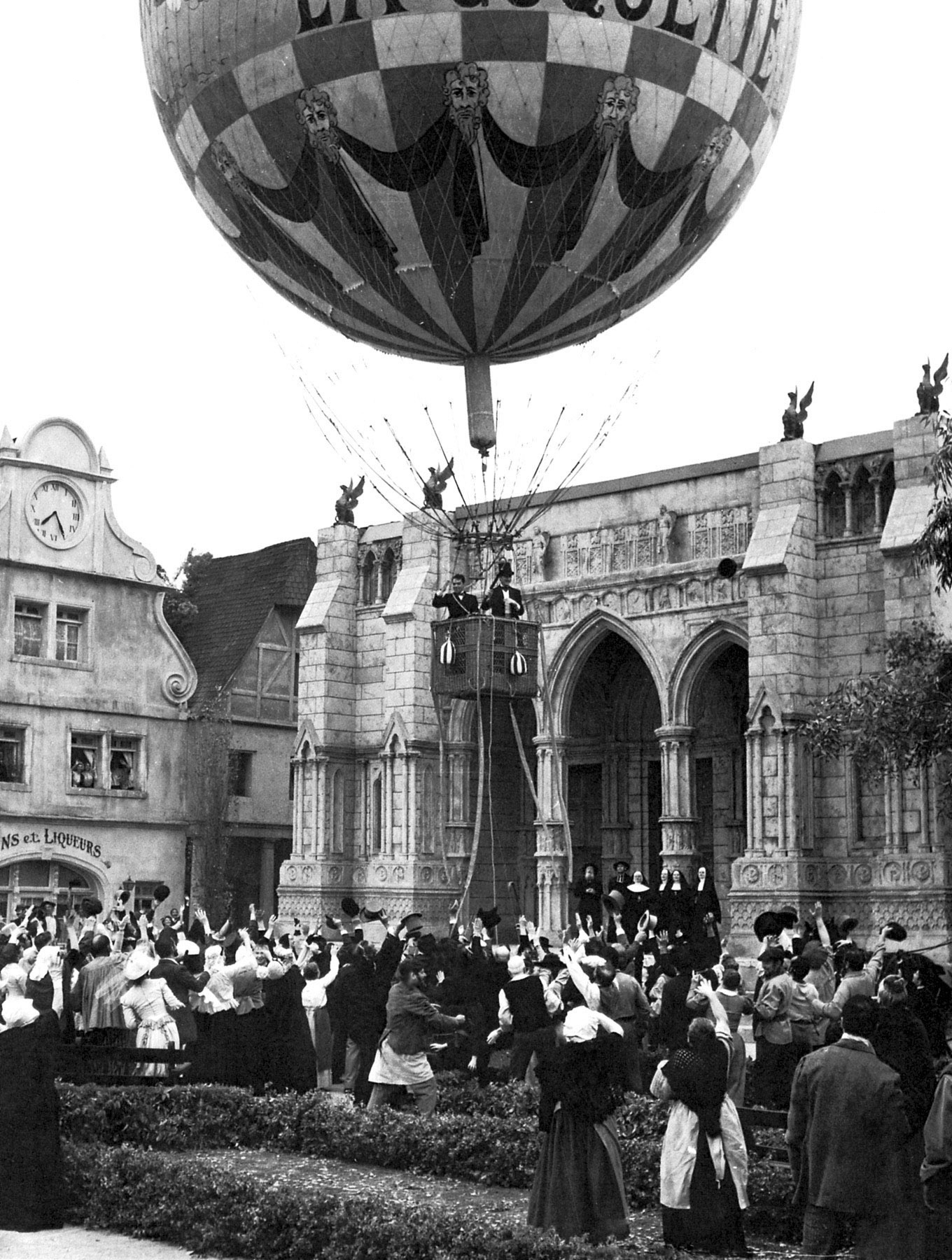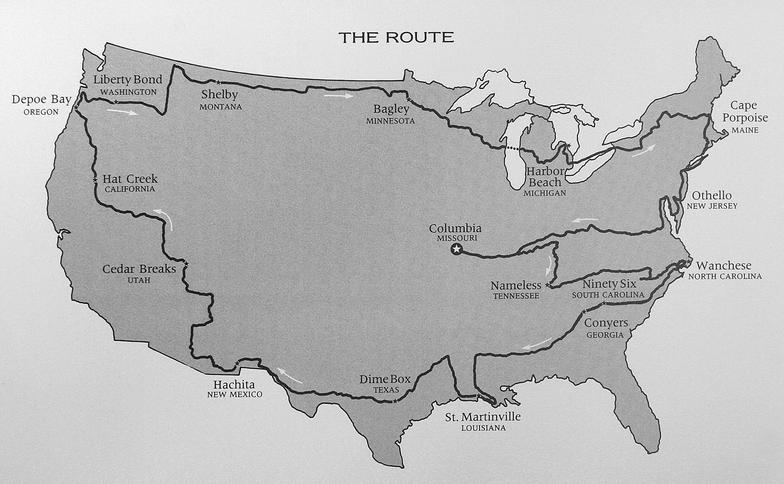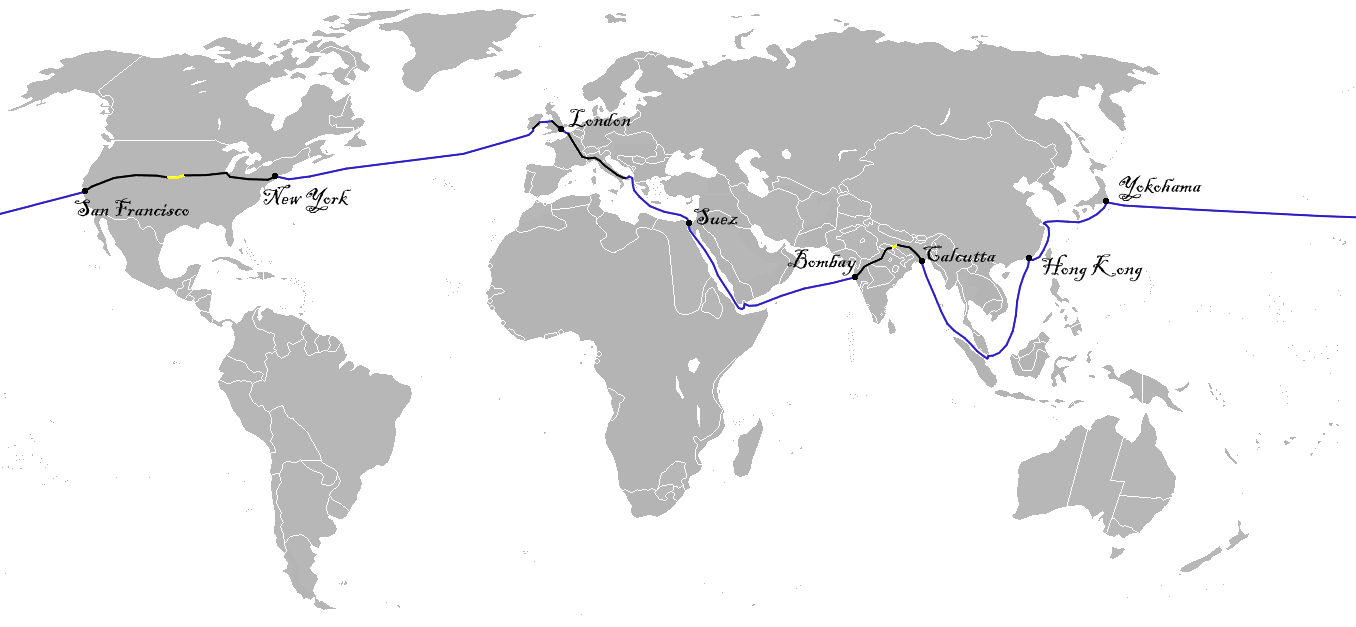In the minds of some people, literary fiction is often synonymous with plotless, boring, navel-gazing fiction. We don't pretend to speak for everything published under the lit-fic rubric, but we obviously don’t share that view about the time-honored classics, and we’re happy to stand-up and myth-bust it for you whenever we get a chance.
Yesterday there was a post at
BookRiot listing generic plot twists that have kind of run their course and become eyeroll-inducing clichés. I definitely agree with their list, but it also got me thinking about some classic plot twists that have been done really well- those that have caught
me off guard, anyway. Here are three that I can think of right off the top of my head. (Major spoiler warning!) Add your own in the comments.
Mistaken identity in The Great Gatsby, by F. Scott Fitzgerald:
Tom drives Gatsby’s car as their little group heads into town and he stops to fill the tank at Wilson’s station. From the window, Tom’s illicit lover Myrtle makes the tragic association that will kill her later in the day. The group then makes the return trip back to West Egg, only this time an upset Daisy is driving Gatsby’s Rolls Royce and when Myrtle runs out to greet Tom, she is inadvertently struck and killed by the yellow car, which flees the scene.
Meanwhile, Mr. Wilson learns the runaway car belongs to Gatsby and goes looking for revenge while Tom and Daisy run off scot-free. This allows Fitzgerald to make a powerful statement about the reckless decadence of the roaring twenties, and the book becomes a classic for that reason.
Poetic coincidence in Cry, the Beloved Country, by Alan Paton:
Anglican pastor Stephen Kumalo tries in vain to work with tribal leaders to rejuvenate and save his barren village of Ixopo. But upon receiving a request for his own help, he uses all his savings to go to Johannesburg and aid his sister. While there he sets out to find Absalom, his long lost son. But just as he gets close to locating Absalom, he learns that he has been arrested for murder.
The man he killed is a white, racial justice activist whose estranged father just happens to be Mr. Jarvis, an aloof, but wealthy landowner living in the verdant hills above Ixopo. It is because of this tragic event that Jarvis posthumously comes to know his own long lost son through his political writings. He resolves to do what little he can to bring his son’s vision of racial justice to fruition. Despite losing his own child at the hands of a former Ixopo villager, he becomes the benefactor that the village always needed. Beautiful. Poetic. Read it.
Missing the forest for the trees in Around the World in 80 Days, by Jules Verne:
In order to win a £15,000 bet, Phileas Fogg and his hapless French valet set off on an adventure-filled journey around the world. Fogg’s stoic calm and Passpartout’s skills as an erstwhile acrobat pull them out of one tragic set-back after another on their unbelievable journey. Still, as they near England on the 80th day, it becomes clear that they will not arrive back at the Reform Club in time to win the bet, and Fogg has resigned himself to failure and bankruptcy.
It is then that Passpartout learns that they had not taken the International Date Line into account, and that Fogg still has a few minutes to race to the Reform Club and win the bet. Verne definitely jumped the shark at a couple points in this novel, but I have to say I didn’t see that final twist coming.
Huxley’s
Brave New World and Orwell’s
1984 are two others that deliver interesting twists, but since those two books are soon to square off as our first
Literary Deathmatch contestants, we’ll leave them for another day. What other works of literary fiction have delivered amazing twists?














